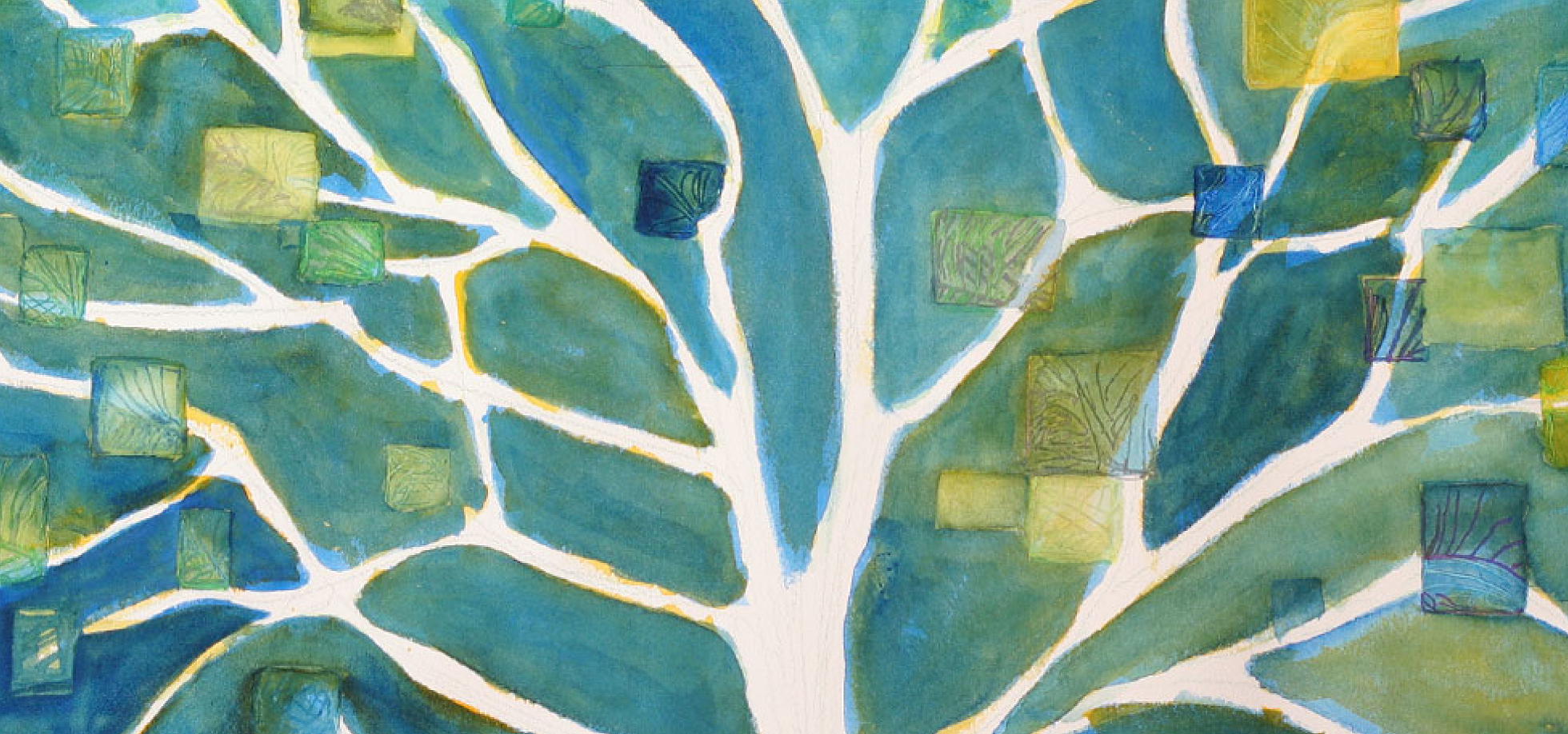
In recent years both psychoanalysis and developmental psychology have placed greater emphasis upon the earliest weeks, months and years of life. There are a variety of ways for researching, recording and exploring these early experiences one of which is infant observation. This module provides students with a unique learning opportunity: to observe at close hand the early growth and development of an infant, usually new-born or early in the first year of life. The module therefore develops from your experiences and study of psychoanalytic observation made in year one. Observation will take place in either a family setting or an early-years nursery setting.
After considering how to set up their infant observation and the dilemmas which come with this, students will spend five weeks reading about infant observation, its history as a training in clinical work and a research methodology, and they will also explore different conceptual approaches to the study and findings in infancy research.
Each student will undertake a minimum 20 hours of Observation – one hour per week over 20 weeks during the second half of the Autumn and the Spring term. Students will play close attention to the process of ordinary development. They will notice the unfolding of the infant’s awareness of self and others and the developing of personality and identity within the context in which it is happening. What are the links between, temperament, constitution, early experiences, interactions and personality growth? How does the quality of interaction and the particular modes of communication in play influence development over time? How does the infant affect the nature of family life and vice-versa?
Students will also be learning about the role of the observer, specifically the participant observer in a naturalistic context in keeping with ethnology approach. Understanding and developing this role supports the development of skills and sensitivity around role management and boundaries in preparation for professional life.
Students will receive guidance and support to find observation placements towards the end of the Year 1 Summer Term Module ‘Placement-Based Observation Skills and Reflective Practice’ and further structured support throughout the Autumn term of Year 2 from induction day onwards. You will be provided with a range of placement contacts but will be responsible for making contact, arranging to visit, and ensuring your Placement Agreements is signed.
In addition, you will continue to develop reflective practice, using your Reflective Learning Journal and by attending Reflective Groups with the intention of learning more about the deeper levels of selfhood often stimulated by infant observation and taking up the role of a participant observer in a family or early years setting.
Aims
• To undertake a 20-week infant observation
• To develop a keener eye for the detail of naturalist, ordinary human development
• To increase awareness of the emotional and unconscious factors at play in family or early childcare setting
• To make links between early child development theory your own experience of observation
• To further develop employability skills related to psychodynamic formulation and case presentation
• To utilise a reflective space and their learning journal for acknowledging and processing the emotional and psychological implications of the material and experiences on this course
• To substantially develop a capacity for self-reflection and an awareness of the influence of one’s own processes and personal experiences
Learning Outcomes
• Gained direct experience and knowledge of the ecological context in which infants develop
• Considered and engaged with the ethical issues involved in the direct study of infants
• Enhanced sensitivity to contextual and interpersonal factors which shape behaviour, communicative capacity and individual identity
• A recognition of the infant as an active participant in its own learning and development, and, or the factors which inhibit this
• Greater ability to observe detail and to perceive subtle indications of emotional and unconscious dynamics within the family or early years setting
• A capacity to integrate one’s own observation and analysis with data from other sources such as feedback and observation from peers, tutors and academic readings
• Recognition and understanding of the infant observation as a research method and skill in work with children
• Capacity to gather evidence and understanding over time and use this to develop a formulation
• To be increasingly reflexive and recognise the relationship between self-awareness and child care
• An appropriate depth of reflection upon one’s own process in the observing and in the learning contexts
- Module Supervisor: Arianna Pulsoni